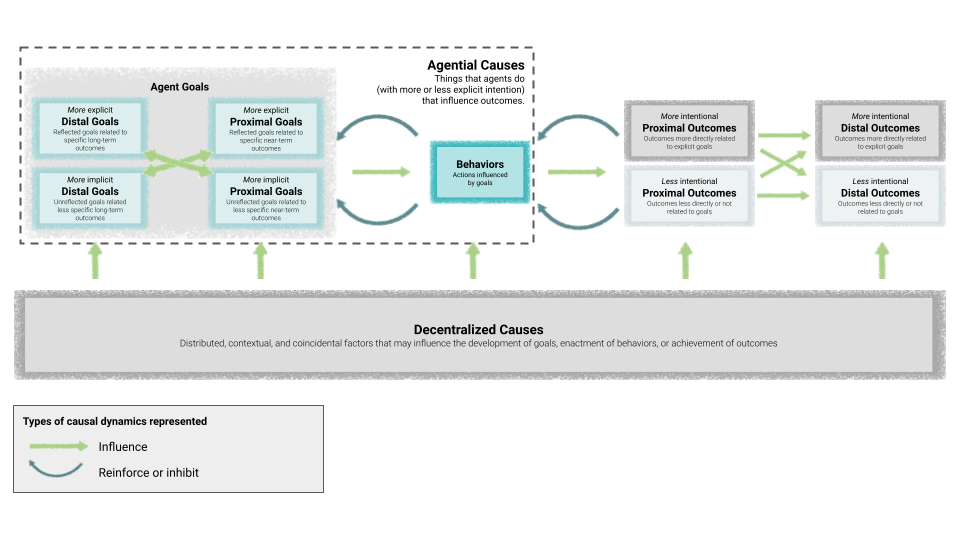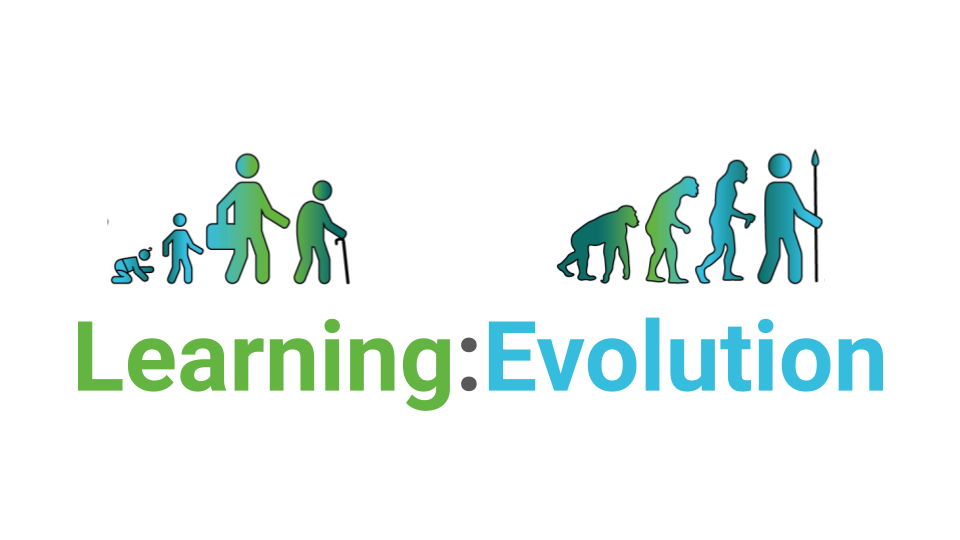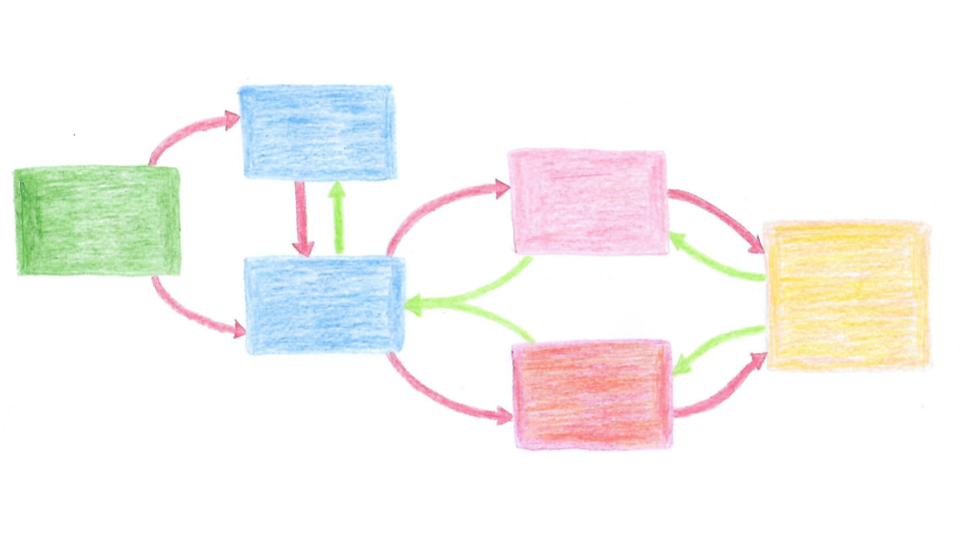Machine Behavior
QuestionBase
Questions for Thinking about the
Origins, Development, and Functioning of Artificial Intelligences
Developing educational innovations around Machine Behavior
Based our on Educational Innovation Research Model, we have identified some basic research and design needs for developing this space:
- Developing case studies of AIs informed by Tinbergen’s questions.
- Developing case studies of Human-Machine Behavior informed by Tinbergen’s questions.
- Clarifying analogical relations (points of comparison and contrast) between AI, human, and non-human agency.
- Clarifying analogical relations (points of comparison and contrast) between AI, human, and non-human evolution.
- Mapping the disciplinary and interdisciplinary structures of knowledge related to learning about AIs as an interdisciplinary theme. (see work from UNESCO’s AI in Education Unit: K-12 AI curricula: a mapping of government-endorsed AI curricula)
- Identification of locally adaptable strategies for integrating the practical application of AI in educational contexts with conceptual learning about AIs in the context of diverse intelligences. (see Miao et al. 2021; UNESCO 2022)
- How do students across grade levels and cultures reason about the agency of specific AIs?
- How do students across grade levels and cultures engage in analogical reasoning (comparison) between AIs, humans, and other organisms?
- How do students across grade levels and cultures reason about the complex interactions within human-machine behavior?
- How do students across grade levels and cultures reason about the role of ChatGPT in enabling student agency in learning?
- Development of introductory materials relating Tinbergen’s questions to AIs.
- Development of classroom processes for critical reflection on the agency of AIs.
- Development of classroom processes for critical comparison of agency and evolution in AIs, humans, and non-human organisms.
- Development of teaching strategies around Science Fiction Science – the use of realistic hypothetical scenarios of human-machine behavior to elicit and reflect on emerging AI technologies. (e.g. expanding the learning potential of The Moral Machine)
- Development of locally adaptable learning trajectories relevant to understanding AIs through the lens of [human-]machine behavior.
- Participatory improvement of locally adaptable strategies for integrating the practical application of AI in educational contexts with conceptual learning about AIs in the context of diverse intelligences. (see Miao et al. 2021; UNESCO 2022).
- Use of Community Science Lab approaches to drive students as leaders of AI educational innovation.
Contact Dustin Eirdosh (@ MPI-EVA) if you are interested in collaborating on these aims!
References
Miao, F., Holmes, W., Huang, R., & Zhang, H. (2021). AI and education: A guidance for policymakers. UNESCO Publishing. https://unesdoc.unesco.org/ark:/48223/pf0000376709.locale=en
Rahwan, I., Cebrian, M., Obradovich, N., Bongard, J., Bonnefon, J.-F., Breazeal, C., Crandall, J. W., Christakis, N. A., Couzin, I. D., Jackson, M. O., Jennings, N. R., Kamar, E., Kloumann, I. M., Larochelle, H., Lazer, D., McElreath, R., Mislove, A., Parkes, D. C., Pentland, A. S., Roberts, M. E., Shariff, A., Tenenbaum, J. B., & Wellman, M. (2019). Machine behaviour. Nature, 568(7753), 477–486. https://doi.org/10.1038/s41586-019-1138-y
UNESCO (Ed.). (2022). K-12 AI curricula: A mapping of government-endorsed AI curricula. https://unesdoc.unesco.org/ark:/48223/pf0000380602.locale=en
Other tools for Understanding Agency
Machine behavior is one important lens for understanding the concept of agency and the diverse intelligences that are evolving around our planet. Learn more about general principles and concepts across other contexts in related project pages below.

Understanding Agency
Tools for thinking about the origins, diversity, and flexibility of goal-directed behaviors

Goals, Behaviors, and Outcomes
How can we understand the causal relationships between goals, behaviors, and outcomes?

The Learning:Evolution Analogy
Learning and Evolution are processes that are both similar and different, in important respects. What can humans learn by comparing these processes?

Agency in Evolution Education
A page for researchers interested in the concept of agency as it relates to learning theories of evolution, including natural selection in biological systems.
About the Understanding Agency collection
This evolving collection of concepts, tools, and resources is being developed to support diverse learners around the world in strengthening your own conceptual understanding of the intelligent agents that pervade our world. It is the result of a synthesis based on our OpenEvo Educational Design Concept, combined with scientific inspiration from the Diverse Intelligences Summer Institute and Prosocial Schools.
We welcome collaborations with students, teachers, and researchers interested in advancing the educational potential of understanding agency. Contact us with questions.

